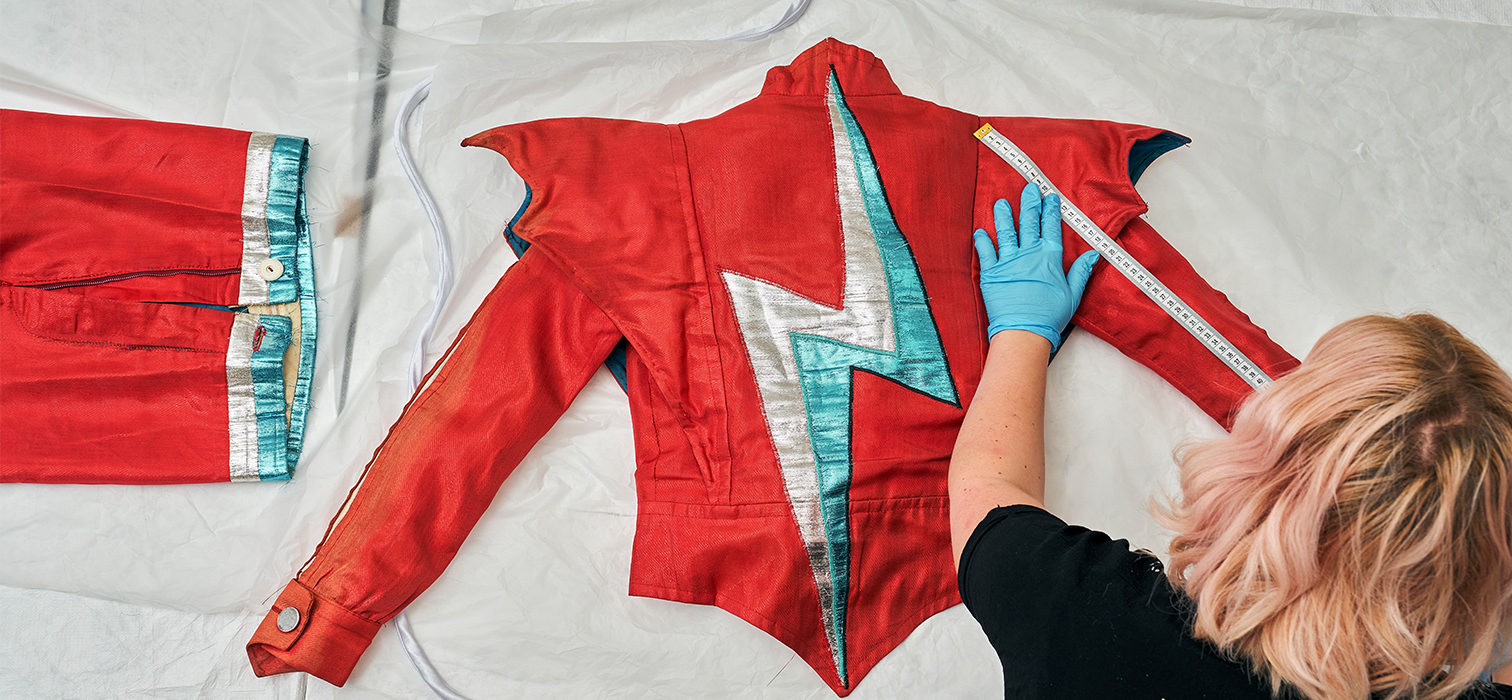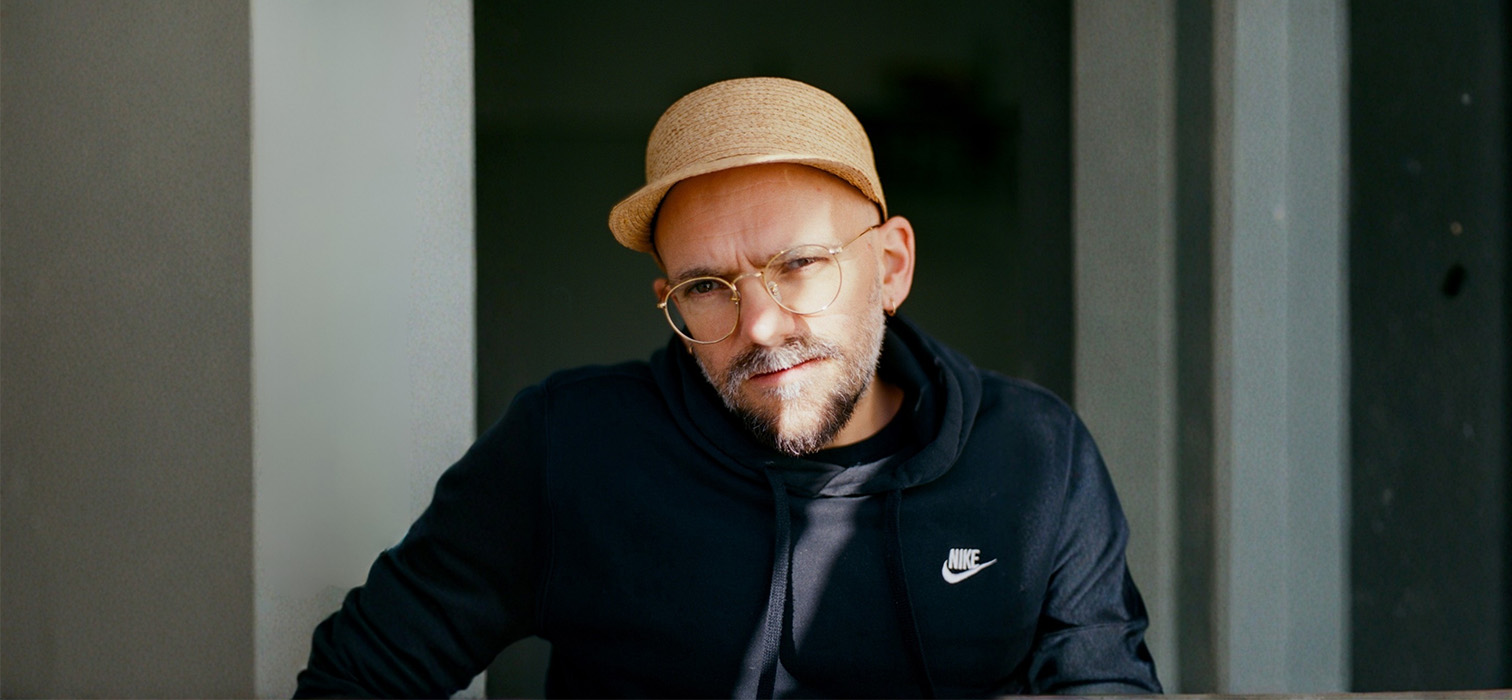Remembering Ayla Algan

An extraordinary actress, an unforgettable voice, a sea of knowledge to be watched with admiration… Moreover, Ayla Algan is a master of creativity who lives life like a performance and evaluates the uniqueness of every moment…
A process that begins with rejecting what exists; creativity. Criticizing what is happening, knowing the reasons for criticism, defending, rebelling… Reading Yunus Emre’s poems to people who don’t know anything about him in Paris, singing songs about Indians as a Turkish woman, and appearing before the audience with brand new methods are all parts of this. Every moment is a fierce struggle. Sometimes with the society, sometimes with his superiors, and sometimes just with himself. If Rollo May is right and creativity is a longing for immortality; Ayla Algan is undoubtedly a name that has shouted this longing to the world. Now, she is a name that will continue to live with the breath of every actor she touches, every stage she steps on, and every young person she works with.

A MOTHER WHO SHOWS THE WAY
Ayla Algan, the daughter of Cretan parents. While his father, Vedat Kasman, was growing up in an extremely wealthy family in Crete, he came to Istanbul at the age of 18, without a penny. Kasman, who found a job in the telegraph office with his knowledge of Greek, later started as a merchant and became the first hardware store of Thursday Market. His mother, Nevzat Kasman, the daughter of a Cretan family born in Istanbul, discovered his interest in painting thanks to his father, Mustafa Kazım Kavur. Kasman, whose talent was discovered at a young age, started attending Sanayi-i Nefise Mektebi in the second grade at the insistence of İbrahim Çallı. In addition to the sculpture and ceramics courses she took during her school years, she is also assertive as a stylist with her interest in fashion. Kasman, the owner of Istanbul’s first Turkish tailoring shop, produces models and couture under the brand “Patron Nevzat”. He cannot make money from painting, but he is an award-winning artist. Ms. Nevzat, who inspired Algan to show himself in many different disciplines, is the performer of all five tangos recorded in the 1930s. As the only daughter of a mother beyond her time and a devoted father, Algan received ballet, singing and piano training and grew up with painters and poets.
MULTICULTURALISM, MULTI-COLOURISM
While Algan grows up with the Turkish and Greek wealth that comes from her genes, she also meets different cultures in the houses his father keeps in Büyükada. She often remembers the moments she lived with her Armenian, Greek and Jewish neighbors. she discovered the richness of different cultures at an early age with the cosmopolitan environment of Beyoğlu, where she spent his childhood, and her French nanny, who taught him Chopin. The West grows, but does not give up on Anatolia. The reason why he played Anatolian Gods instead of Greek Gods lies in her admiration for Anatolia.

A MARRIAGE FOR HALF CENTURY
It is impossible to think of Algan without Beklan Algan. Their 53-year marriage is a companionship enriched by countless productions. Algan, who completed his secondary education at Notre Dame De Sion, went to a school close to Versailles for his high school education. She is a young girl who deserves to be celebrated when she finishes high school and returns to Turkey. She meets Beklan Algan while dancing at a party she attended on New Year’s Eve. She married Beklan Algan, who was about to go to America to study engineering, which he did not like, only seven months later, when he was only 19 years old. The duo, who set sail for a new life by going to America together, discovered the New York Actor Studio Actor’s Repertuary Theater of Broadway, thanks to an actor they met by chance. The couple, whose relationship with the theater was strengthened by going to the workshops of young actors, became the first Turkish artists to receive stage training here. During their American adventure, which was filled with “Off Broadway” style training, stage experiences and lots of applause, an event that would change their lives took place and they met Muhsin Ertuğrul in 1960. This acquaintance did not lead to anything that day, but after returning to Turkey, it opened the door of Istanbul City Theaters. In the period that continued until the resignation of Muhsin Ertuğrul in 1966, the Beklan-Ayla Algan couple studied texts that no one else had chosen, adopted new directing approaches and laid the foundations of a brand-new understanding of theater.
REBELLION IN THE THEATER
Ayla Algan’s first encounter with the Turkish audience was in 1961 with the play “Lark Bird”. Algan, who plays Jean d’Arc, is welcomed with applause in his country. The second play is “Sartre’s Flies”. In each play, they fearlessly look at the reality of being human and look for solutions to social problems. In 1961, she played both Hamlet and Ophelia in “Hamlet” directed by Muhsin Ertuğrul. Algan, who played numerous roles in Istanbul City Theaters and Dostlar Theatre, stepped onto the big screen in 1964. The movie “Karanlıkta Uyuyanlar” (Who Sleep in Darkness), directed by Ertem Göreç and written by Vedat Türkali, deals with the issues of labor unions and strikes, and receives comments that it is far ahead of its time. In 1966, he played the leading role for the first time in “Ah Güzel İstanbul” directed by Atıf Yılmaz. The big screen loves him too, but both she and Beklan Algan’s mind remains on the stage. She investigates how to adapt the elements that create theatre, acting and creativity to the present day. It pursues modernization, not fashion. They lay the foundations of a theater world in which the actor and the audience, who are indispensable for theatre, develop together, progress with formation, and exceed the limits of creativity together. His initiatives, which started with LCC Theater School, continue with formations such as BİLSAK and TAL. Although many of them succumbed to the possibilities and conditions of the day over time, TAL, which will soon turn into an online education process within the scope of Kadir Has University, lives on with the name of the Algan couple.

THE FIRST TURKISH IN OLYMPIA: AYLA ALGAN
It is possible to remember her singing “Big Ox” with her scarf on her head or singing “Anchovy Fish” while waving her blonde hair. Undoubtedly, she reaches millions with these entertaining folk songs sung with his local accent. Algan became just as successful in the music world, which she entered at the insistence of Zeki Müren, as sshe was in acting. Not only was she the first Turkish artist to perform at Paris’ famous concert hall Olympia in 1971, she also introduced the whole world to Sufism.
YUNUS EMRE AND “SEVİ”
In 1972, upon the request of the Ministry of Tourism, she prepared an album for the 650th anniversary of Yunus Emre. This album not only allows her to introduce Yunus Emre to the world, but also ignites a love for Yunus Emre that will live on in her daughter’s name. Algan, who ponders on the intellectual and physical existence of humans in nature, grows and matures with Yunus Emre’s poems. The songs she sang in French, English and German were immortalized on records.

CURIOUS AND STABILITY
Algan never loses his curiosity throughout her life. She does not compromise on his hunger for a new discipline, a new role, a new idea. In an interview in 2020, she said, “I am in trouble of not being able to do anything right now. I think about it from time to time. If I were to appear like Halide Edip and give a speech in Sultanahmet,” she says. Eager to know and explain.
LOVE FOR PEOPLE, LOVE FOR TURKEY
Algan, who once again underlines that the meaning of life lies in creativity with her Yaratıcı Oyuncu, Yaratıcı İnsan book published by Yapı Kredi Publications last year, says that people overcome even the fear of death in this way. But she also discovered the relationship between art and theater and politics at a young age. While they had everything in order during their time in America, their reason for returning to their country, which turned into a fire with the 1960 coup, was political. The couple returned to Turkey saying, “It is not possible to stay in America when the country is like this.” In 1980, they played at the Workers’ Theater in Berlin with Tuncel Kurtiz, Şener Şen and Macit Koper. Although their approach that forces them to think and question may annoy those who enjoy conventional production, they are loved by their audiences. Most of the time, the works done for the first time are out of their hands. He is afraid not of being loved or criticized, but of not being understood. Maybe that’s why, most of the time in their conversations, they say in a sweet voice, “Do you understand?!” She asks. She probably knows the answer. She expressed herself and devoted her life to understanding and to be understood.




